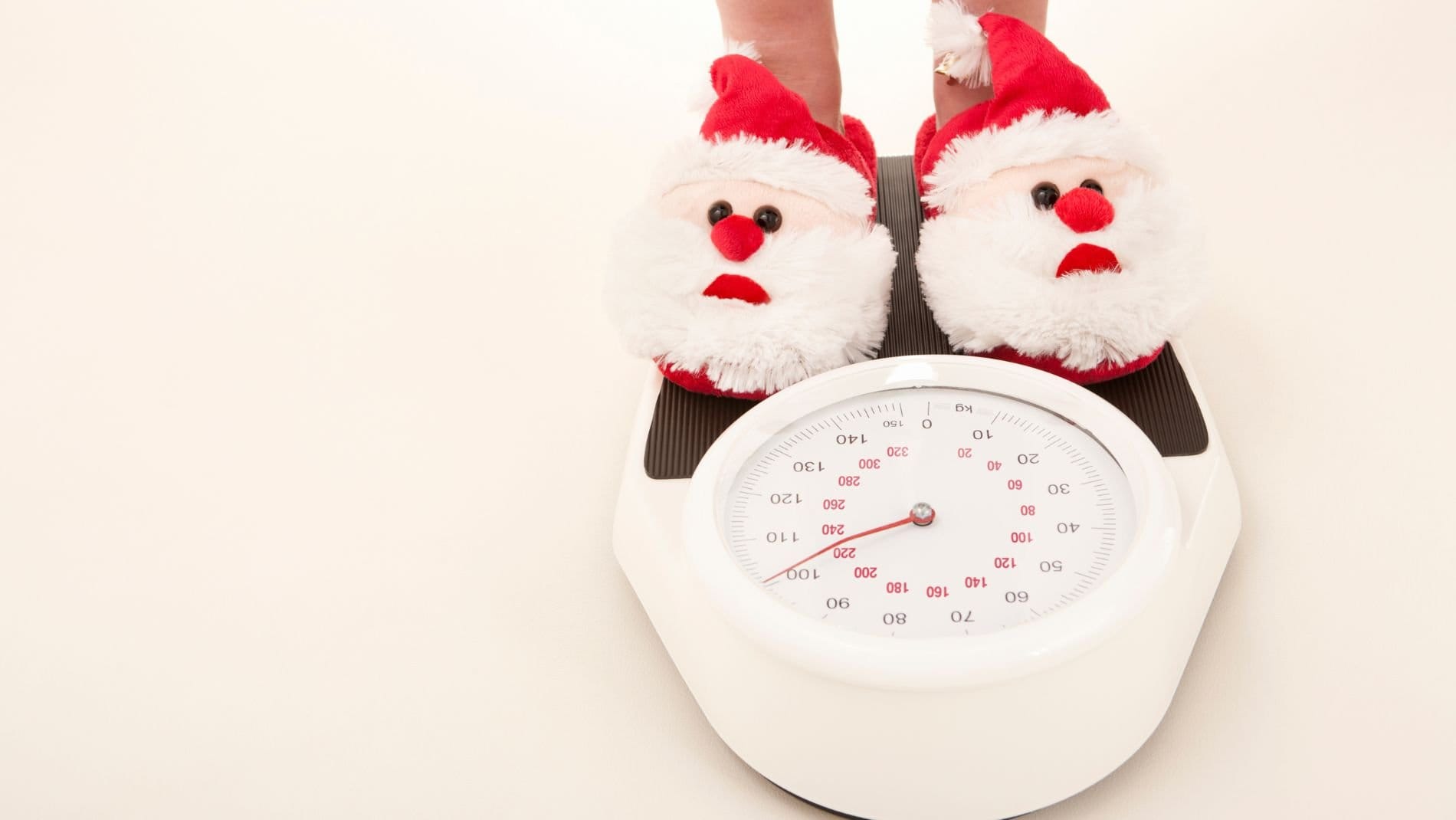The festive season is truly in full swing, and so too is the consumption of the many Christmas goodies that we all love – the chocolates, mince pies, Christmas cake, and delicious festive meals and drinks out with friends, to name a few.
It’s so important to remember that these foods should be enjoyed at Christmas, and there should not be any stress or guilt attached to having some higher calorie foods or eating a little more than usual at this time of year. It’s important to enjoy and savour the foods you get to eat at Christmas time, and the quality time spent with friends and family that goes alongside it.
That being said, there are some simple ways that you can keep some balance during the holiday season, and to help prevent excessive and unwanted weight gain. Check out our six tips for managing your weight at Christmas time below!
1. Go For Walks
Get out for some nice walks with friends and family with the spare time you might have over the Christmas period. Maybe try planning some activities around walks in your local park, or plan a hike as an activity. Tracking your steps can also help keep you motivated and make sure you are getting in enough consistent activity.
2. Stick to your usual eating schedule
Keep structure with your meal pattern, and don’t be tempted to skip meals as this can lead to overeating later on. If eating out in the evening, aim to have two balanced meals beforehand – a breakfast and lunch containing protein and fibre. This will help to promote satiety and means you will be much less likely to overeat in the evening.
3. Keep your meals balanced
Aim to keep meals balanced with a source of protein, fibre and carbohydrate. If eating out or preparing a meal, be sure to cook plenty of vegetables, and stick to the healthy eating dinner plate model. Roast mixed vegetables can be a great addition to any meal; think peppers, courgettes, red onion, aubergine, carrots and parsnip!
4. Consider alcohol free days
Try to have as many alcohol-free days as you can. Alcohol is high in calories and when the liver is metabolizing alcohol it hinders other metabolic pathways meaning we are more likely to store these extra calories as fat. It also leaves us feeling sluggish and craving salt the next day due to dehydration, meaning we are more likely to opt for poor food choices and be less active. Alcohol is also a depressant meaning it can affect mood and motivation levels.
5. Manage your Sweets intake
The roses! Aim to keep a sweet treat until after a main meal as the glucose is more slowly absorbed it won’t cause as big a spike in your blood sugar levels. You’re also less likely to overeat sweet foods after you’ve already had a balanced meal containing protein, fibre and carbohydrates.
6. Eat Mindfully
Try to practice mindful eating. Instead of mindlessly picking at sweets or canopes, portion out a small amount and eat and enjoy them mindfully.
Most importantly, be sure to enjoy this time of year. From all of us here at Spectrum Nutrition, we are wishing you a very happy and healthy Christmas.















